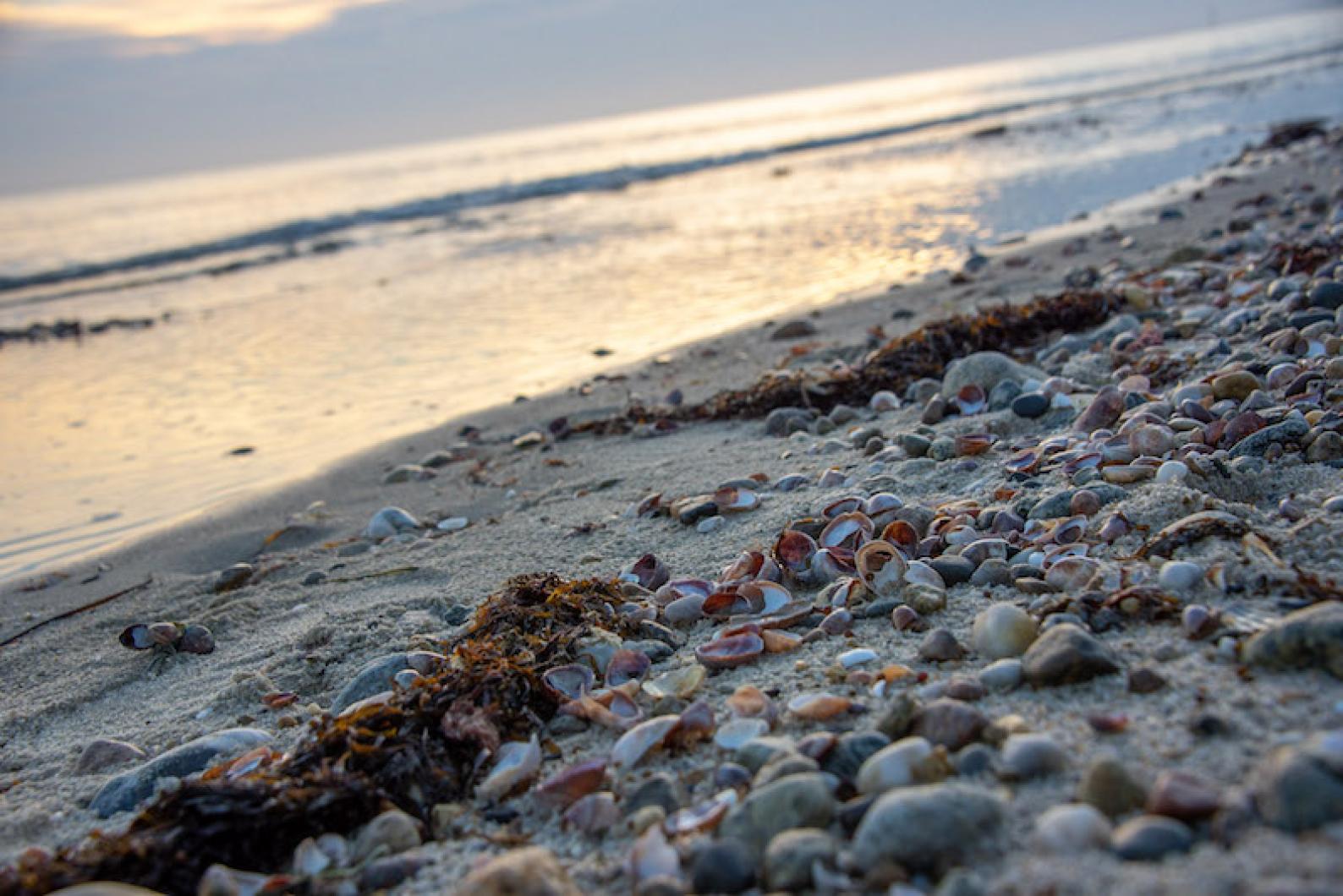Most Islanders believe addiction is a serious problem on Martha’s Vineyard, but a survey of community attitudes found that many also see a general attitude of permissiveness on the Island, especially toward alcohol use.
That is one of the striking findings from an online survey commissioned by the public health nonprofit Public Good Projects (PGP) as part of a public awareness campaign called On-Island, launched last year in conjunction with the Martha’s Vineyard Substance Use Disorder Coalition.
Conducted last year and compiled in October 2020, the survey examined community perceptions around substance use, drawing on responses from about 400 Islanders of all age groups and ethnicities. The survey was intended to establish a baseline of attitudes from which campaign organizers can measure the effectiveness of public education over time.
While the report identified a variety of issues around substance use, the survey uncovered significant differences in how young people viewed the risks of various substances. As a group, people 18 to 30 were less likely than Islanders as a whole to see alcohol, marijuana, vaping, prescription opioids and heroin as serious problems on the Island.
The data showed that 83 per cent of respondents ages 46 to 65 felt consuming five drinks daily is a great risk, and close to 90 per cent of those in the 66-plus age group agreed. By comparison, only 64 per cent of 18 to 30 year-olds cited five daily drinks as a risk.
In a conversation with the Gazette, Erika Bonnevie, director of research for PGP, said the differences between how people personally felt about alcohol use and how they thought the community in general responded was also notable.
For example, the survey found that 85 per cent of respondents ages 31-45 felt that drinking and driving is a serious problem, and 81 per cent thought driving buzzed is dangerous, but only 37 per cent of the same group thought community members are opposed to drinking and driving.
“There is a recognition that it is a serious problem, but that it still happens,” Ms. Bonnevie said. “It seems like there are perspectives that lead to the problem itself.”
She pointed to community attitudes towards underage drinking as a key piece of the puzzle that might account for gaps in concern and consumption. Nearly 50 per cent of 18 to 30 year-olds felt the community was okay with providing alcohol to underage drinkers and 54 per cent of youth respondents felt parents were okay with underage alcohol consumption at home
“[Leniency] definitely came through in the survey results as well in the focus groups,” she said, noting a series of interviews the organization conducted with Islanders last year. “Young people especially perceive that either their parents or parents in general on Island are lenient toward underage alcohol use.”
For both recreational painkiller use and vaping, Islanders age 18-30 felt that substance use was less of a risk than older residents by a margin of about 20 per cent.
“It isn’t super surprising to me that younger people have lower risk perceptions, but when you’re thinking about how your habits as a young person impact your life moving forward, this is definitely a pattern that should be addressed,” Ms. Bonnevie said.
Dr. Joe Smyser, CEO of PGP, said the survey is part of a larger effort by PGP and the Martha’s Vineyard Substance Use Coalition to change attitudes toward substance use and bolster education on the Island. A report of the survey findings will identify specific areas of need for the campaign’s next steps, he said.
“What we were looking for was where are the gaps in people’s knowledge,” said Dr. Smyser. “As we’re building out this program, we know where to focus.”
Other areas of focus will include risk perceptions toward painkillers — which many Islanders felt were safer than heroin — as well as general stigma around substance use disorders, Ms. Bonnevie said, noting a data set showing that 67 per cent of respondents feel the community views heroin users as junkies.
Dr. Smyser said the organization hopes to publish the report in a peer-reviewed scientific journal down the line, likely combining the data with that of similar surveys in other small communities. “This is basically like a case study for what a community can do when it comes together and acknowledges a problem and works on the problem,” said Mr. Smyser.
More immediately, PGP is at work on a documentary about substance use disorders on the Island, slated for release in January. The organization plans to release a follow-up survey after the film screening to track how community perceptions may have changed.







Comments (9)
Comments
Comment policy »